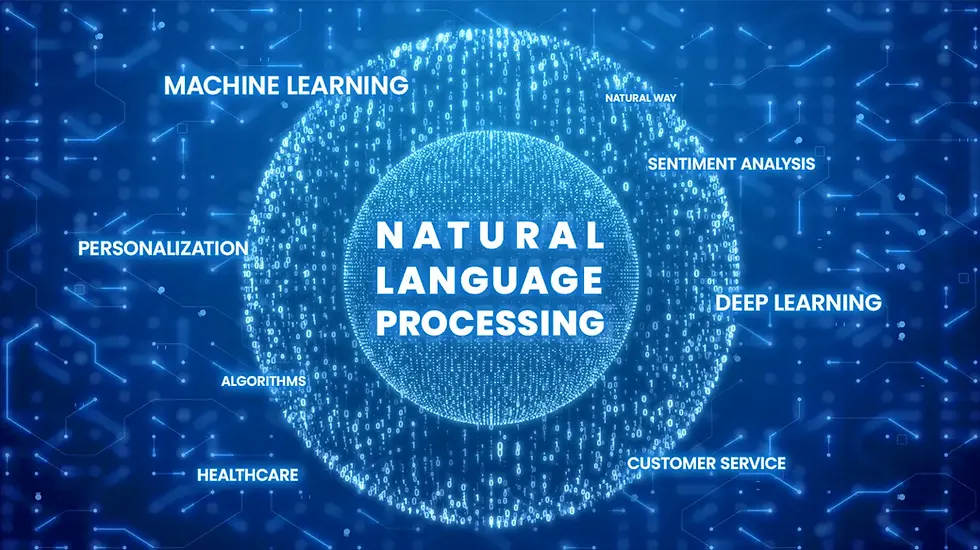The Importance of NLP for Advancing AI
- TecAce Software
- May 1, 2023
- 2 min read

Artificial Intelligence (AI) has become integral to our daily lives, from virtual assistants like Siri and Alexa to personalized product recommendations on e-commerce websites. As AI continues to evolve, Natural Language Processing (NLP) is playing a critical role in advancing its capabilities.
NLP is the process of analyzing and understanding human language through computers. It enables machines to interpret text, speech, and other forms of natural language data, making it possible for computers to communicate with humans more naturally.
The importance of NLP in advancing AI cannot be overstated. Here are some of the reasons why:
Improved Natural Language Interaction: NLP enables computers to understand human language and respond in a way that is natural and intuitive for humans. This makes it easier for people to interact with machines, making AI more accessible and user-friendly.
Enhanced Personalization: NLP makes it possible for machines to understand the context and meaning behind the human language. This enables them to provide more personalized recommendations, responses, and experiences for users.
More Accurate Sentiment Analysis: Sentiment analysis is a key application of NLP. It involves analyzing text to determine the writer's attitude or emotions towards a particular topic or product. NLP can accurately identify the sentiment in a text, making it easier for companies to understand customer feedback and improve their products or services.
Improved Customer Service: NLP-powered chatbots and virtual assistants can provide 24/7 customer support, improving response times and reducing costs for companies. They can also handle more customer inquiries, freeing human agents to focus on more complex issues.
Better Healthcare: NLP can help improve healthcare by analyzing medical records, detecting diseases, and identifying patterns that can lead to better treatment and outcomes. It can also assist in clinical decision-making, reducing errors and improving patient care.
NLP is not without its challenges. Natural language is complex, and machines often struggle to understand context, sarcasm, and other nuances of human communication. However, advancements in machine learning and deep learning algorithms are helping to overcome these challenges.
In conclusion, NLP is a critical component of AI that is driving advancements in natural language interaction, personalization, sentiment analysis, customer service, healthcare, and many other industries. As AI continues to evolve, the importance of NLP in enhancing its capabilities will only continue to grow.
Comments